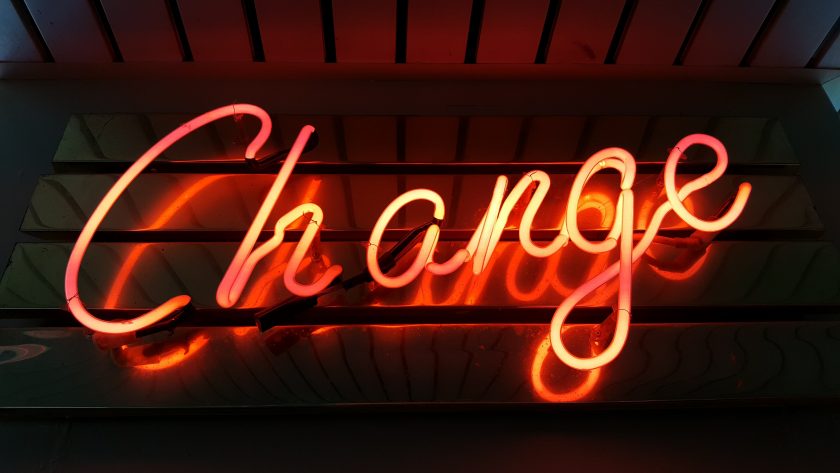
National Day of Action against Bullying and Violence
Friday the 19th March is National Day of Action against Bullying and Violence, and in the current climate the time for open and earnest conversation is ripe.
Although this national day of action is marked by many Australian school communities each year, recent statistics revealing the high rates of bullying and assault amongst teenagers (and the stories of young people themselves), tell us loudly that something is not working.
This could be a watershed moment – let’s not waste it!
Bullying and violence fundamentally changes us. It changes the way we relate to others and the way we move within the community. Bullying and violence leaves the victim disempowered, stressed and fearful. Physically and emotionally scarred. If it is happening in our schools (and we know it is), we are sending both victims and perpetrators out into the world ill prepared to lead and enjoy their best lives.
We owe it to our students
We don’t have a lot of influence over what happens to our students in their homes, in the community, when they are not on school grounds. We do owe it to them to create a safe and supportive environment for the hours of the day they are with us. This is the time we can make a difference.
Not only on a day of national action
It’s not just about policy and trying to fix problems as they occur. Teachers, SSOs and those in leadership roles must model the types of positive behaviours that empower students. Empathy. Collegiality. Respect. We have to be diligent in calling out the behaviours that are not acceptable. More importantly, students need to understand what is not acceptable.
Today’s headlines provide the opportunity to open up challenging conversation
Our conversation needs to clarify what constitutes bullying and how particular words and behaviours can hurt or offend. Violence is not just physical and assault is an offence. We have to provide a safe place for student’s to tell their stories, and we need to listen to their understandings and their fears. And yes, we have to talk about consent openly and honestly.
Young people should not be afraid
They should not be afraid of being made uncomfortable by bullying when they enter the school grounds, the workplace or anywhere in the community. They should not fear assault when they go out with their friends – no matter what time of day or night, no matter how they are dressed, no matter how much they have had to drink.
If young Australians are to leave school respectful of other people, knowledgeable of the behaviours that cannot be accepted and confident enough to speak up for themselves and speak out for others – this conversation has to be had!
Get involved!
If you want start the conversation with your students about respectful relationships, jump on to the Bullying No Way website and take a look.
bullyingnoway.gov.au/preventing-bullying/national-day-of-action-against-bullying-and-violence
Consent isn’t always as simple as no means no.
abc.net.au/news/2021-02-24/what-young-people-need-to-know-about-consent/13184494




